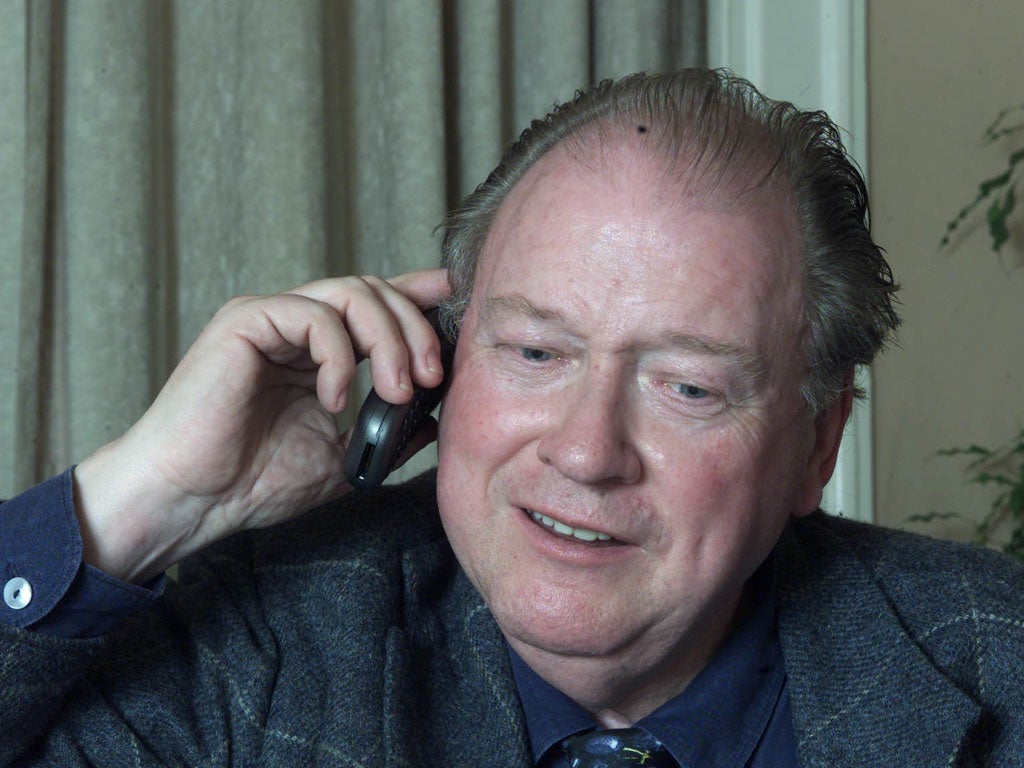Debate: George Monbiot faces legal action over McAlpine tweet, but should inaccurate tweets be subject to libel laws?

Your support helps us to tell the story
From reproductive rights to climate change to Big Tech, The Independent is on the ground when the story is developing. Whether it's investigating the financials of Elon Musk's pro-Trump PAC or producing our latest documentary, 'The A Word', which shines a light on the American women fighting for reproductive rights, we know how important it is to parse out the facts from the messaging.
At such a critical moment in US history, we need reporters on the ground. Your donation allows us to keep sending journalists to speak to both sides of the story.
The Independent is trusted by Americans across the entire political spectrum. And unlike many other quality news outlets, we choose not to lock Americans out of our reporting and analysis with paywalls. We believe quality journalism should be available to everyone, paid for by those who can afford it.
Your support makes all the difference.
What's going on?
Last night the BBC appeared to have agreed a £185,000 settlement with Lord McAlpine, over false child sex abuse allegations. But McAlpine’s lawyers won’t be putting their feet up yet. They have let it be known that those who named their client on Twitter in relation to the Newsnight programme (in which he was never named directly) will also face lawsuits.
Over 3000 Twitter users pointed to McAlpine on the day of broadcast; some high profile figures, including Guardian columnist George Monbiot, have already apologised – but that will count for little in any legal proceedings, and all those who tweeted similarly, no matter the size of their following, have been asked to come forward to agree a settlement with McAlpine’s lawyers – or risk being sued for defamation.
Case for: Use the existing law
Some so-called digital natives would have you believe that new media is so unfathomably different from old media that the same rules cannot apply; that consequently, the internet is above the law. But the refusal of McAlpine and his legal team to be cowed by these shifty arguments is a case in point. Libel is against the law - whatever public medium it appears in - and those who commit it should not be surprised by the threat of punishment.
Case against: Free Tweet
That Lord McAlpine’s name has been dragged to the last the circle of hell in this scandal is, as Boris Johnson correctly put it, a tragedy. That Twitter sped it on its way is undeniable. But that the law should keep its distance in this case is - for anybody who cares about free speech, or appreciates the difference between Twitter and other forms of writing - equally plain. Twitter acts as a barometer of public opinion. Evidently, on the day of the Newsnight broadcast there were many in the public who believed Lord McAlpine guilty. That was their mistake. But postings on the site should be considered simply as a record of people’s thoughts – no more a legally binding statement than graffiti on a toilet wall, or chatter in the pub. To intervene here would set a dangerous precedent, whereby users would have to think twice, three times perhaps before they tweeted. And by then, in many other cases, the moment would have passed, giving those with legal protection a free ride.
Join our commenting forum
Join thought-provoking conversations, follow other Independent readers and see their replies
Comments